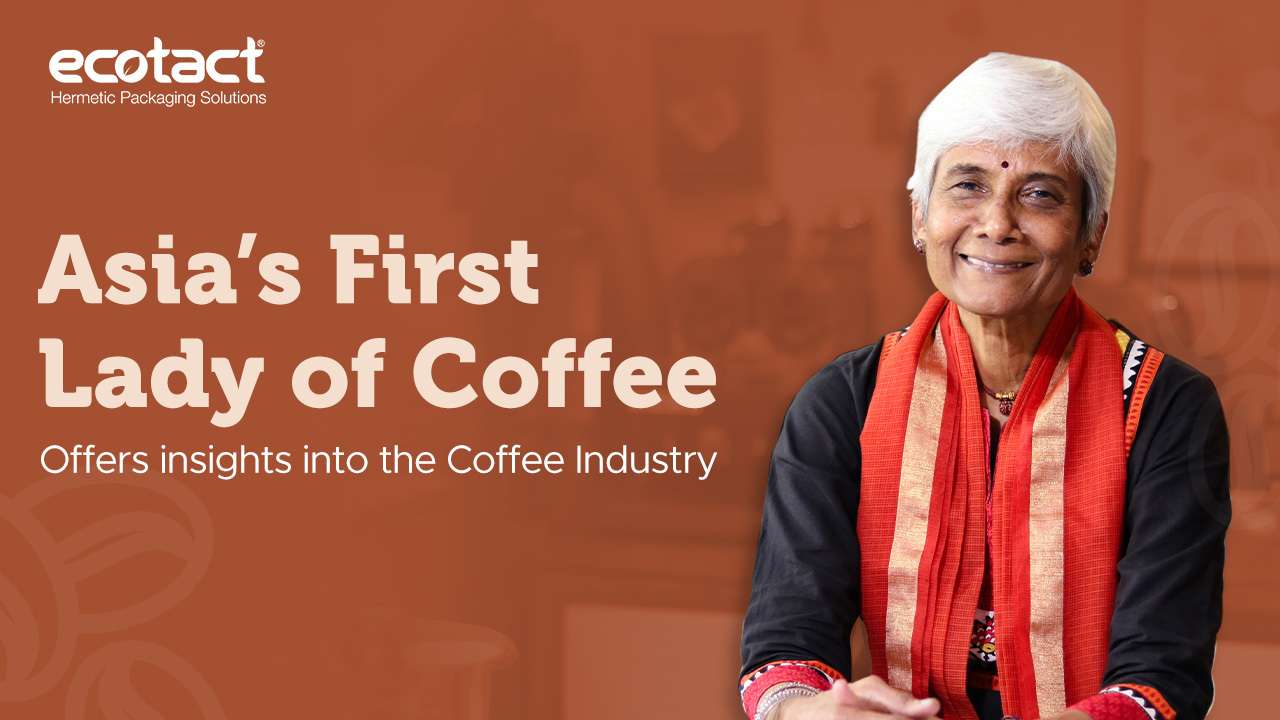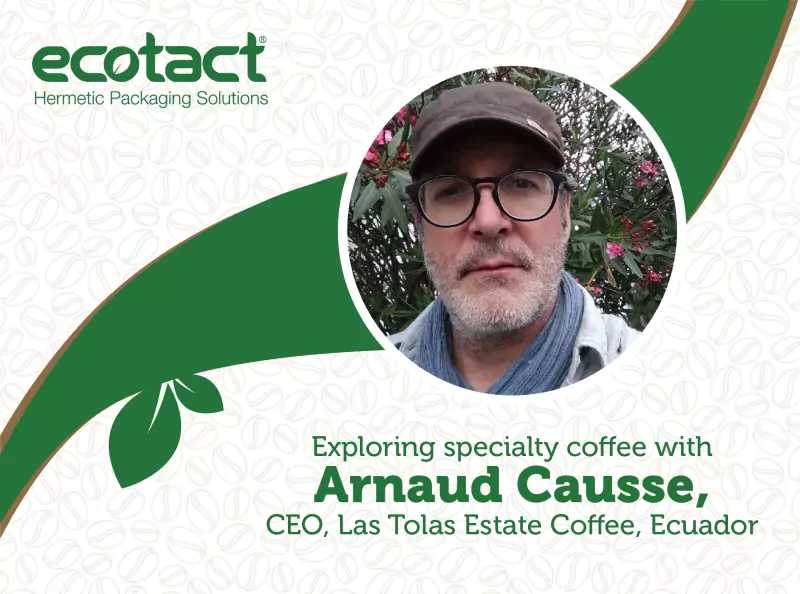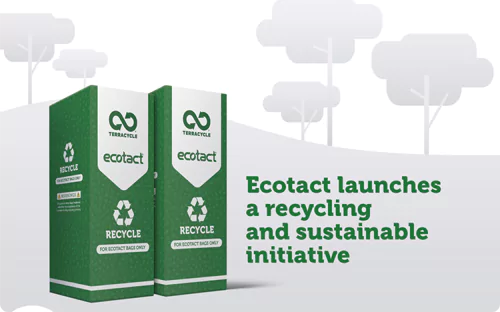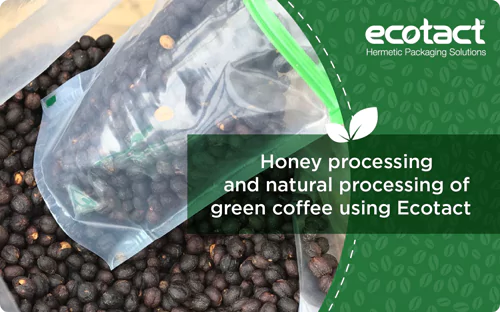Ecotact recently spoke to Ms Sunalini Menon, Asia’s First Lady of Coffee to understand her mindset on the various challenges experienced in the global coffee industry. The insights offered touched upon the issues faced by local farmers, distributors, and exporters around the world. Ms Menon at Coffee Lab, Bangalore works closely with farmers and monitors the various production and processing methodologies undertaken by them.
While dealing with the quality of coffee from the stage of cherry harvesting till the coffee is delivered to the cup, occurs through a sensory evaluation which comprises the visual and cup quality. The farmers work dedicatedly to ensure the quality of coffee is elevated via processing techniques to bring the coffee beans close to specialty status.
Ms Menon explained how processing has taken a turn for the better by emphasizing the growing innovative methods of fermentation. One such process is bio-innovative fermentation in which the taste profiles of the beans change with the reorientation in the metabolic pathway of yeast and bacteria.
Further, bringing the Indian market into the scenario, she focused on the ever-rising demand for strong quality checks by various roasters and cafes before it is used for consumption. Hence it is important to match the quality standards considering the increase in the level of coffee consumption in the country.
What are the current challenges faced in the coffee industry?
The first uncontrollable or variable challenge is climate change. Despite how cognizant this challenge is, it is beyond one’s reach. In the Indian market scenario, the farmers don’t have any access to a reliable source of weather forecast information which is affecting the coffee-growing community and region massively. As per a report, only 16% of farmers of the whopping agri-based population have access to such information. Hence it is important to develop agronomic practices that help in the mitigation of the weather forecast so the farmers can protect their harvest well in advance.
The second challenge focuses on the disparity of wages. In the present time, high-quality coffee is sold at the same price as commercial coffee which negates the price of portions produced by the farmers. In the entire value chain, a farmer is the most under-paid section and it’s important to fix this alarming situation at the earliest.
Thirdly, exporters around the world have recently faced a lot of difficulties with the discontinuation of the availability of ideal coffee containers. Since coffee as a crop catches moisture and changes its property over time, its quality comes at a stake. Even if the production phase ensures premium-quality coffee beans, the transportation of the crops, from one part of the world to another, poses serious challenges. So there is a need for a tool that serves as a one-stop solution for all packaging and storage problems.
How is Ecotact solving the pain point of the end consumers?
India being a highly tropical country experiences a hot and humid climate. Coffee is a highly sensitive product that respires and absorbs moisture quickly undergoing chemical and visual modification.
In order to preserve the quality of coffee and increase its shelf-life, Ms Menon introduced the hermetically sealed bags by Ecotact that were available for the Indian market.
Easy access to Ecotact products: Be it farmers or distributors, the bags & containers are delivered to your doorstep which saves a lot of time.
Being a loyal long-term user of Ecotact’s innovative solutions, she pointed out the most interesting aspects of these hermetically sealed bags.
Preservation of the shelf life: This allows the farmers to sell their coffee beans in a farm-fresh state throughout the year by taking advantage of the market rates that fluctuate extensively.
Designed for the tropics: These bags are meant for regions with tropical & subtropical climates as they protect the coffee by keeping them farm-fresh in quality.
Product diversification: Packaging products such as troiseal bags, sterile vacuum bags, and many others are a boon to everyone be it farmers, exporters, distributors, or end users.
Affordability: The hermetically sealed bags ensure the preservation of quality and their affordable pricing makes them accessible to the entire coffee-growing community.
In the end, Ms Menon stated,
“With its contribution to the distribution network, Ecotact has worked extremely well in the Indian market and has over time gained popularity around the world which speaks volumes about the quality of these bags.”
 English
English
 Spanish
Spanish French
French


